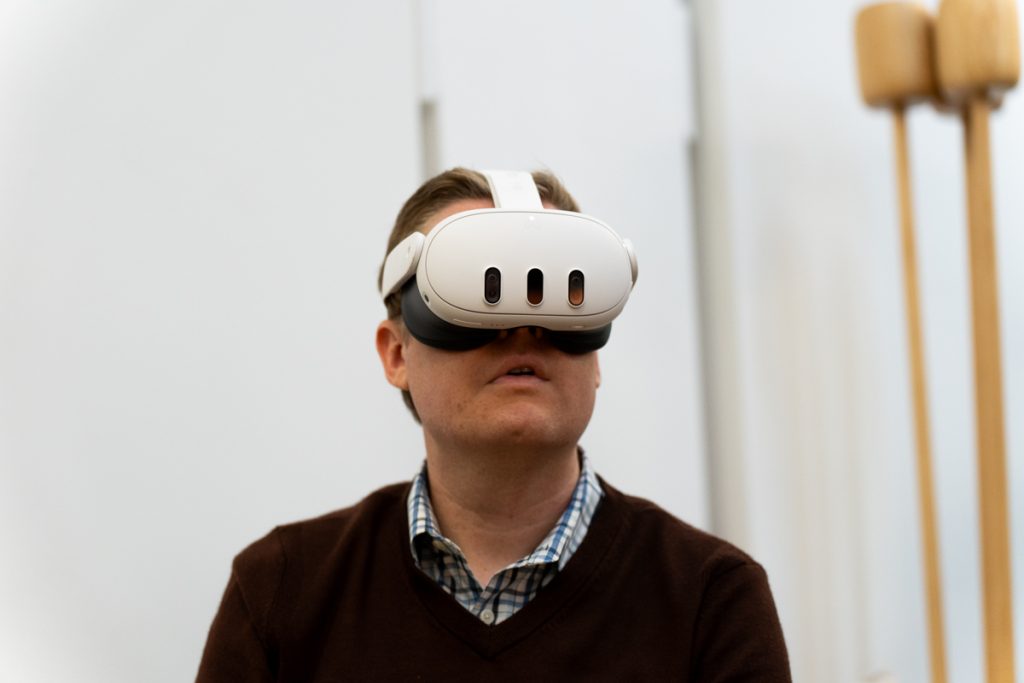Meta is positioning itself to incorporate more advanced generative AI technology into various types of games, including VR, AR, and mixed reality games, in an effort to revitalize its metaverse strategy.
According to a job listing on LinkedIn, Meta is actively seeking to explore and prototype innovative consumer experiences fueled by generative AI. This includes developing games that offer unique gameplay experiences by changing every time a player engages with them and following non-deterministic paths. Additionally, Meta is looking to create generative AI-powered tools that can enhance workflow efficiencies and reduce time-to-market for game developers.
The primary focus of these initiatives will be on Horizon, Meta’s collection of metaverse games, applications, and creation tools. However, the company is open to expanding its reach to games and experiences on platforms outside of the Meta ecosystem, such as smartphones and PCs.
The job listing highlights the potential for groundbreaking innovations in generative AI-powered experiences and emphasizes the transformative impact these advancements could have on the gaming industry by increasing productivity and enabling the creation of vast amounts of new content.
Meta has not provided a statement in response to inquiries regarding these developments.
These new endeavors come at a crucial time for Meta’s Reality Labs division, which oversees various metaverse projects, including the Meta Quest headset. Despite selling millions of Quest units, Meta has faced challenges in attracting users to its Horizon mixed reality platform and has reported significant operating losses.
In a strategic shift, Meta has extended its metaverse platform capabilities to third-party headset manufacturers and increased its investments in metaverse game projects, reflecting Meta CEO Mark Zuckerberg’s growing interest in gaming development for Quest headsets.
This push towards generative AI technologies is not new for Meta, as the company has previously demonstrated interest in leveraging AI for metaverse experiences.

Meta envisions that generative AI tools will not only empower individual creators but also enhance game development capabilities, enabling small teams to compete with larger studios and fostering innovation in the industry.
The integration of generative AI in game development is gaining momentum, with companies like Inworld and Artificial Agency leveraging AI to create dynamic game elements like dialogues and narratives. Platforms now offer AI-powered tools for generating game assets and character voices, although this shift has raised concerns among some developers about potential impacts on their livelihoods.
Earlier this year, Meta announced plans to invest billions in generative AI and established a dedicated team focused on developing AI-driven products such as AI characters and advertisements. However, Meta’s CEO Mark Zuckerberg cautioned that it will take time before these investments translate into financial returns, indicating that the company’s transformation through generative AI may be a long-term endeavor.


